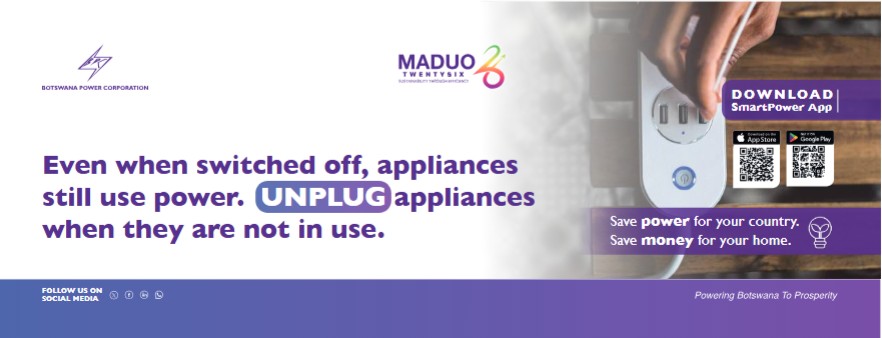As the country faces a challenge of illegal river sand mining, Botswana Council of Churches (BCC) found it fit to engage Mahalapye community on the issue and discuss ways of conserving natural resources.
The District Alternative Mining Indaba was held last Friday in Mahalapye under the theme ‘Our Natural Resources, Our Pride-Towards Fighting Inequality.’
Speaking at the forum BCC Secretary General, Reverend Gabriel Tsuaneng said that part of their mandate is advocacy.
He said one cannot talk about development of this country and not mention the church as an establishment because they play a major role in socio economic issues.
“Batswana should all benefit from the natural resources hence our theme talks of fighting inequality. There is a widening gap between the poor and the rich in Africa. We need to talk about this and come up with solutions to ensure that we close the gap. Failure to manage natural resources can sometimes turn out to be a curse than a blessing like in some countries, where they fight for them. There is illegal mining of river sand in Mahalapye and the community is not benefiting anything,” said Tsuaneng
Giving a Keynote address, Botswana Editors Forum Treasurer, Emang Mutapati said Botswana noted that Botswana has been blessed with natural resources that have helped transform the country from one of the poor countries globally, to be a middle-income economy.

She highlighted that the theme speaks to sustainable mining with a focus on safety, social capital, improved livelihoods and sustainable development.
“While Botswana has different natural resources that include diamonds, ash, coal and copper, we also have somewhat less recognised natural resources, which although they are less talked about, are equally vital and should always form part of the conversation on mining and sustainability. In particular, we have sand mining. I have been reliably informed that in this region, illegal sand mining is a huge hazard and setback. I believe in this forum, participants will discuss possible alternatives to adopt to ensure that not only is illegal sand mining gotten rid of, but legal sand mining is harnessed for the benefit of the community at large,” said Mutapati
For his part Kgosi Oscar Mosielele said excessive sand mining resulted in soil erosion that led to shortage of water for farmers as the river is no longer able to hold water for a long time.
He said in 2008, the villagers called on the Ministry of Minerals, Energy and Water Resources to stop river sand mining.
“Mines department failed to manage monitoring mining after issuing permits. When collecting sand the law reflects that they should not reach the level of underground water but people ignore this. We report cases of illegal mining but perpetrators bribe the police. We need to fight this with different stakeholders because these miners have money to bribe whoever try to stop them from doing the business. Sometimes when we talk about these things as leaders of communities, we are accused of being political,” said Mosielele
One of participants Emmanuel Shathani Chida, suggested that there should be Sand Mining day as a way of public education and awareness of illegal river sand mining.













